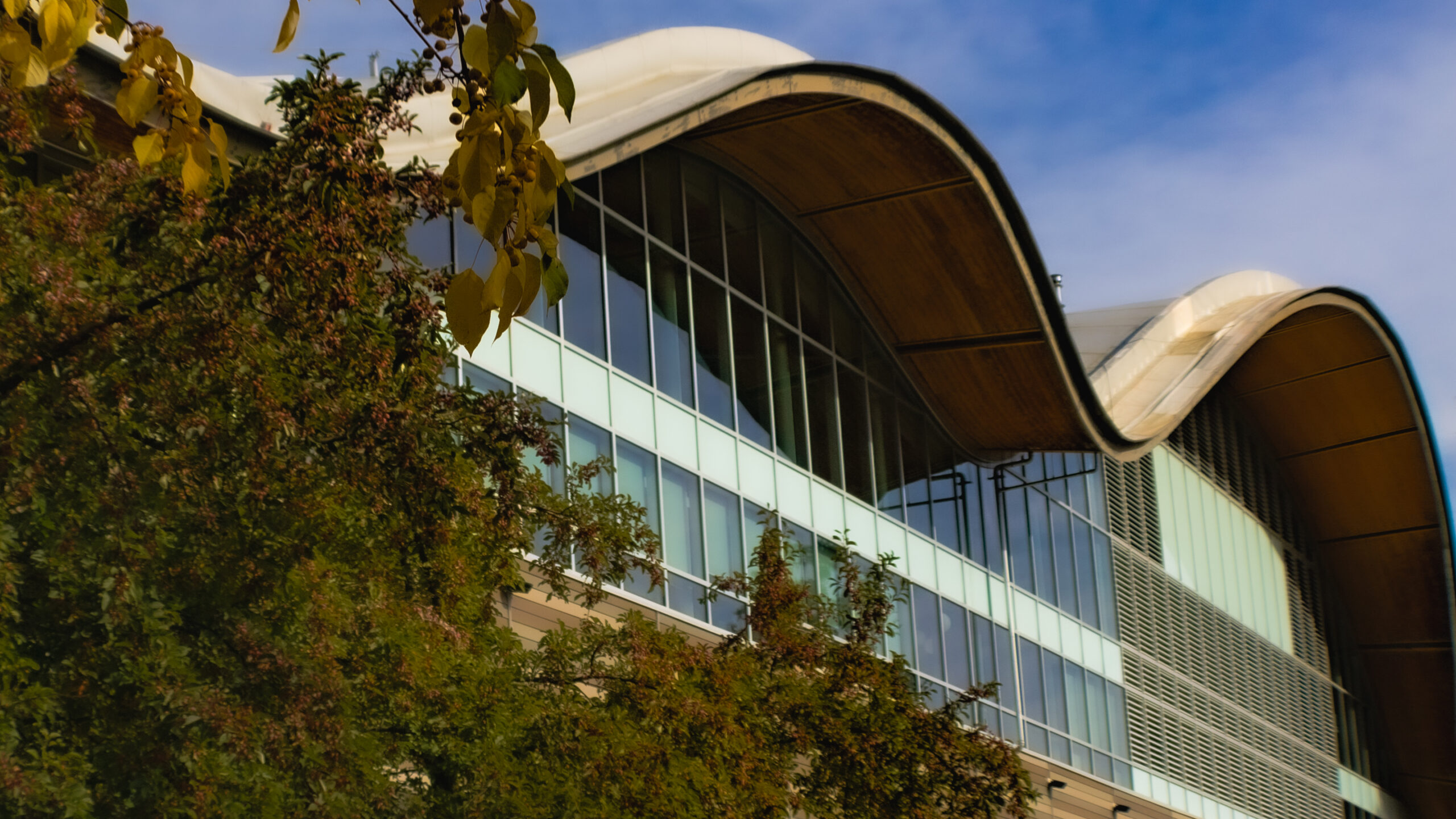Twenty years ago, the University College of the Cariboo changed its name to Thompson Rivers University, officially reaching coveted university status in British Columbia. Priorities since then have ranged from open-learning initiatives and community partnerships to increased research capacity.
March 31, 2025, marked the 20th anniversary of this momentous occasion for the Kamloops community and the university has been reflecting on its past two decades. However, that shift from UCC to TRU didn’t happen overnight.
Becoming TRU
Former UCC and TRU president Roger Barnsley outlined the process leading to TRU gaining university status an article he wrote.
In 2002, he sent his first email to local MLAs, and in 2003, he helped found the Friends of UCC, a group tasked with lobbying in favour of UCC’s reaching university status.
After a successful campaign, the group was initially met with silence from the government. However, after continued work, their request was approved.
“On March 19, 2004, then-premier Gordon Campbell and then-education minister Shirley Bond came to our Kamloops campus and announced UCC would become a university,” Barnsley said. “The government set a date of April 2005 for BC’s newest university to be born, but wanted to announce the name that September. Finding a name seemed simple; how wrong we were.”
Barnsley and his team mulled over potential monikers for the university. Names like the University of Central British Columbia, Shuswap University and David Thompson University were all considered before ultimately settling on Thompson Rivers University. The name recognized Kamloops’ major rivers — the North Thompson and South Thompson, which combine to form the Thompson.
With the necessary parties on board, the only thing left in the transition was an event to officially mark the occassion, which took place on March 31, 2005.
“The Kamloops campus was decked out in colours and banners. The mood was festive and contagious as everyone celebrated our new university,” Barnsley said.
Then federal Conservative opposition leader and eventual Prime Minister Stephen Harper and British Columbia Premier Gordon Campbell turned up for the inaugural convocation.
Canadian Prime Minister Paul Martin even appeared on campus later in the week to tour TRU, noting how beautiful the campus was and how exciting the university’s future would be.
Since Martin’s TRU tour, a lot has changed at the school.
20 Years of TRU
Several areas of change from the past 20 years were highlighted by the university in a release.
First, the university highlighted its open learning program, which offers over 500 courses across 60 programs, before taking a look at its relationship with surrounding Indigenous communities.
“Strong relationships with Indigenous communities and organizations have supported TRU’s goals of recognizing and reconciling Indigenous rights by taking constructive action on addressing the remnants of colonialism,” said Nathan Matthew, a former TRU chancellor and member of the Secwépemc Nation.
TRU noted that they’ve been a contributor in Kamloops due to their community legal clinic and the work of the law program and faculty with local organizations.
Another change the university observed is its shift towards research.
In 2011, the university joined the Research Universities Council of B.C. and was even ranked as a top 50 research university by Research Infosource Inc. in 2023, coming in at number 49.
In recent years, TRU has put increasing emphasis on wildfire research–an effort which has even ballooned into new wildfire programs and courses being created on campus this year.
What started as an exciting occasion in Kamloops in 2005 has slowly shaped the institution into the Thompson Rivers University that students recognize today.
“Twenty years later, I am still astonished at what was accomplished by the amazing UCC employees,” Barnsley said.
“We have pioneered, developed and refined a model of post-secondary education that creates and fosters accessibility and opportunity for all adult learners. That really is remarkable, isn’t it?”

